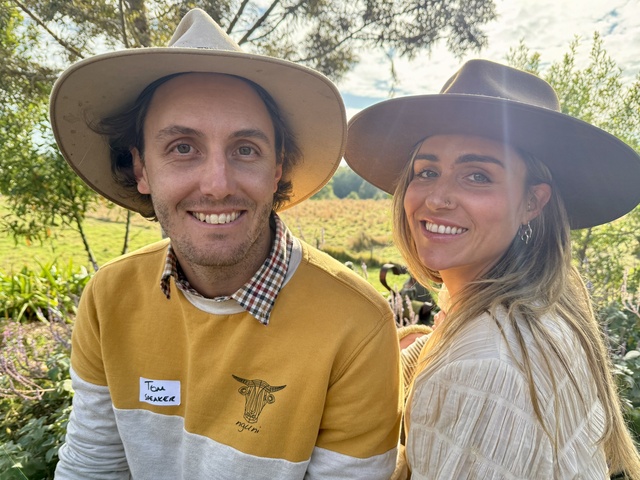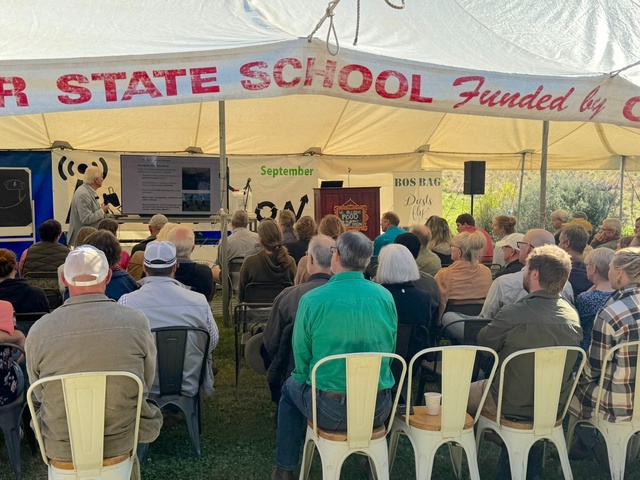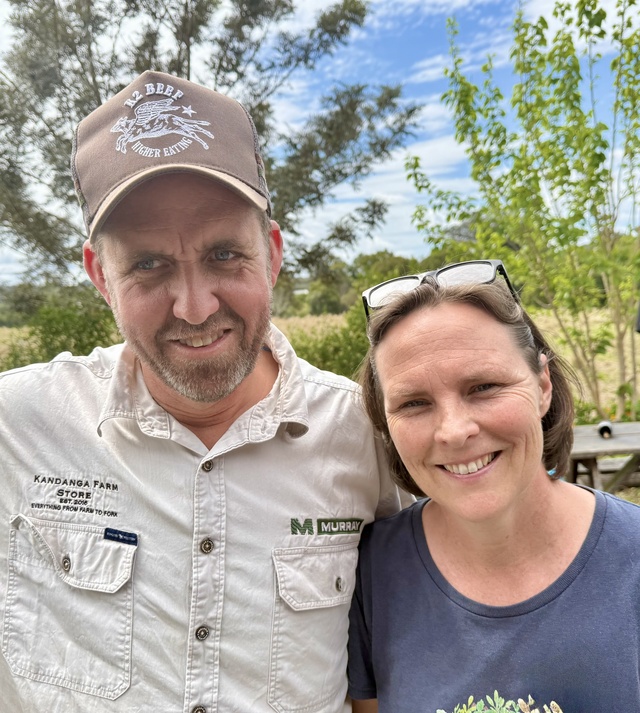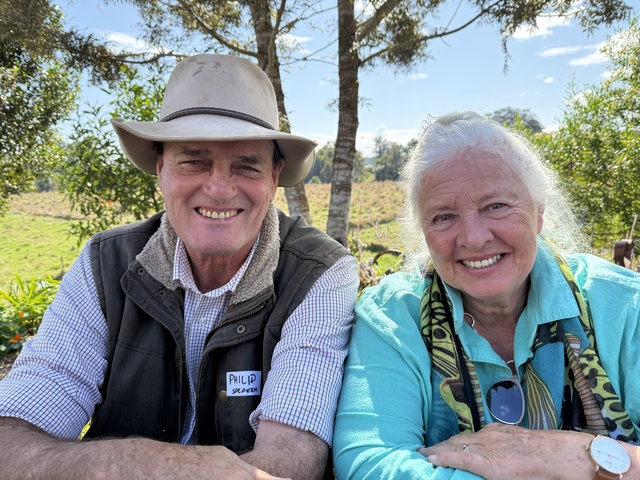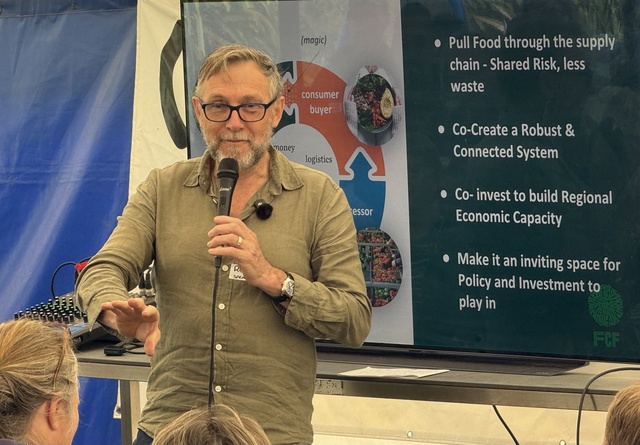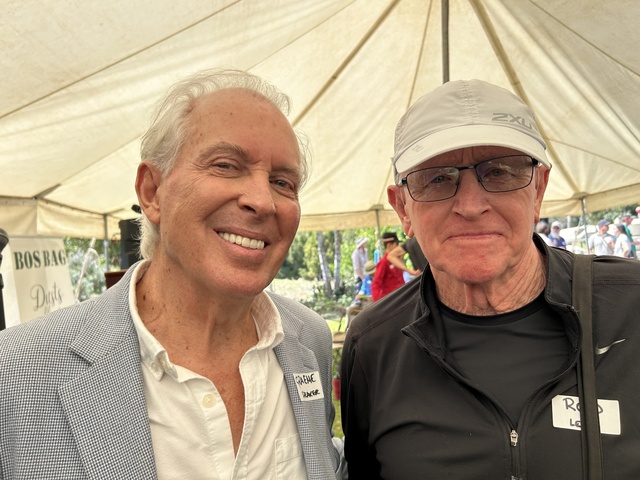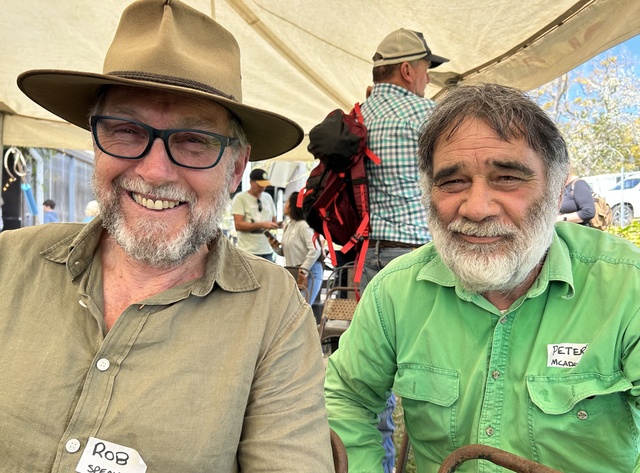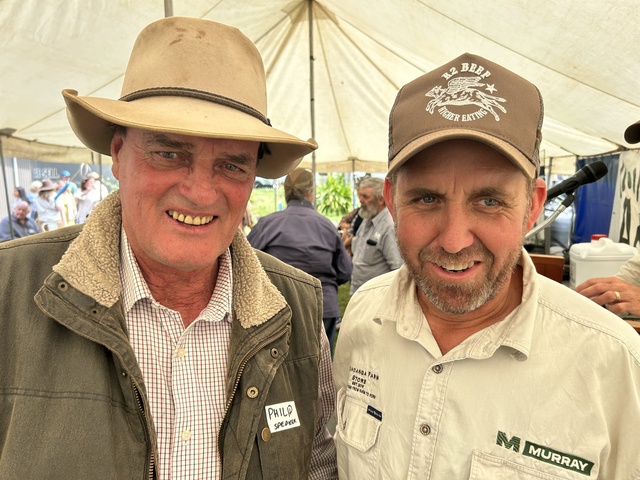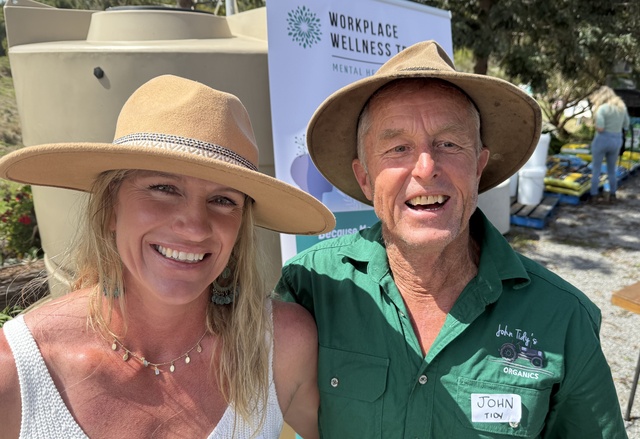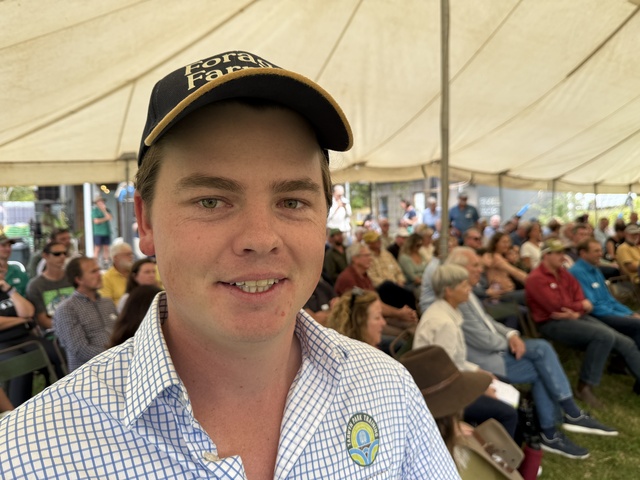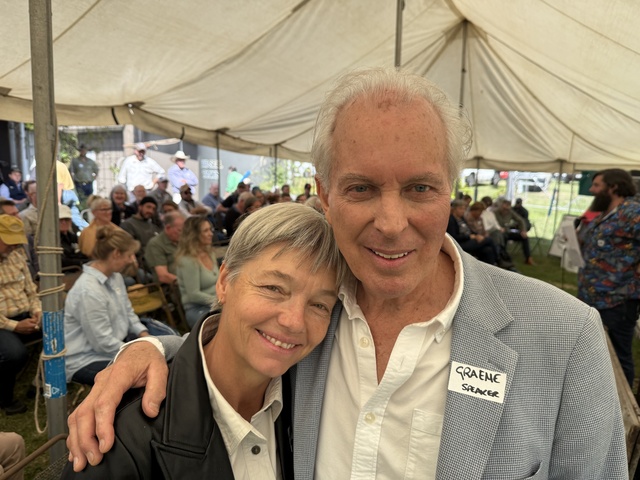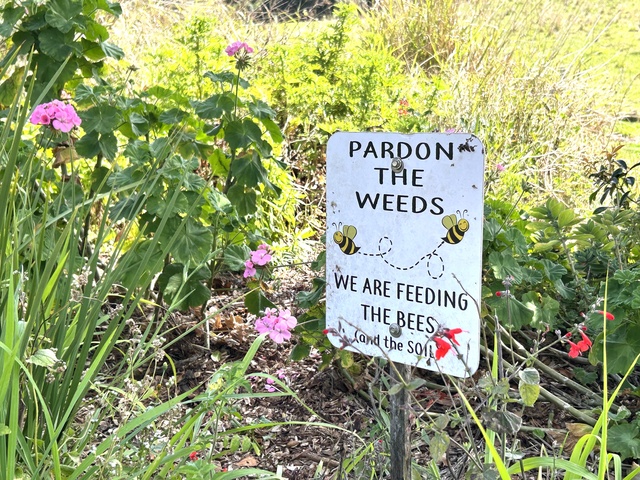Farming has been depicted as the ideal lifestyle – working among nature in beautiful countrysides. However, there are significant challenges to overcome and ERLE LEVEY was at the Agvention 2025 field day to hear how modern-day regenerative farmers are coping with the changing landscape.
Farming brings with it pleasure and pain – the pleasure of being your own boss, working in the landscape, enjoying sunrises and sunsets, relishing the fresh, nutritious produce shared with family.
Yet it also brings the pain of hard work, long hours, changeable weather conditions and uncertain markets, as well as financial stress.
The 2025 Agvention field day for regenerative farming at Kandanga saw a quality line-up of guest speakers from as far as North Queensland and as far south as Tasmania talk about the three important aspects of running a business – people, profit and planet.
They stressed the need to look after each one of these key points as without one, the others fall over.
What became apparent was the common thread from all speakers of how regenerative agriculture could change the battles and challenges of their existing strategies in farming.
They also need a certain level of resilience and persistence in achieving their goals over a longer term.
Regenerative farming is a marathon, not a sprint.
The benefits of regen ag are not always related to financial profitability but to other important priorities in their lives, including the health of their family and the values they share for sustainable farming practices that will look after the planet and future generations.
“What came through for me today was the emphasis on the value of collaboration and cooperation that is needed amongst farmers in these modern times,’’ University of the Sunshine Coast business lecturer Dr Melissa Innes said.
Dr Innes’ research focuses on the value of knowledge sharing and network benefits of collaboration and support that can be gained through events such as Agvention.
“Talking with farmers throughout the day who are listening to the stories of their peers, it’s clear that this is one of the only avenues these farmers have to hear of new regenerative farming practices.
“I’m interested in capturing the value of these events for the farming community, and how this knowledge can be shared even wider than the attendees here today.”
This included becoming part of communities that have embraced regenerative farming practices.
It’s a modern version of co-operatives where you don’t need to be in competition but collaborate with others – share ideas, share experiences, share transport, share in the care of land, improved water use and building fences.
That brings it to another level of the event when they talked about how to apply your assets in order to improve your income stream above what the farm-gate can provide.
Tom Bjorksten of Misty Creek Agroforestry spoke about ways to make a viable living as a farmer on less than 30 acres.
By following syntropic farming methods he showed how herbs and vegetables could prosper by being grown in conjuction with fruit trees, chickens and cattle, as well as commercial timber.
By thinking alternatively Tom has been able to combine agistment of his cattle in reply for improving the pastures and fences of the property.
It was similar with Neil and Jan-Adele Reinke at their Central Queensland grazing property, combining trees, forage, and cattle to improve pastures and productivity.
Then there is a perennial problem of big business dominating the community landscape with high-volume, low-value produce.
Farmers who focus on having high quality and low volume need more effort or planning but the input costs can be reduced and productivity increased.
Their outlets can include direct delivery, attending well-run farmers markets or organisations such as the Food Connect – a community owned and community led initiative in Brisbane that connects consumers directly with farmers at a warehouse hub.
Local produce overcomes the challenges of supply chains during difficult events such as pandemics and flooding or other issues that can arise.
Farmers markets tend to build a stronger community rather than convenience.
Central to the discussion yet often not spoken about is the health of farmers – both physical and mental.
Liv Walford of Workplace Wellness Training and Mental Health First Aid was there to open discussion about practical intervention skills to assist family, friends, colleagues and the community.
Farmers face significant physical and mental health risks due to factors such as isolation, financial stress, weather events, and physical hazards. These pressures contribute to widespread depression and anxiety, but farmers often avoid seeking help due to stigma, loneliness, and limited access to mental health services.
Agvention hosts Tim and Amber Scott of Kandanga Farm Store announced $3875 had been raised to help the Lachlan Hughes Foundation, established in 2018 to encourage emerging farmers.
The foundation, established by the Hughes family after the tragic death of their son Lachlan, is funded entirely by donations and sees 10 farmers from throughout Australia selected each year for a on-farm and in-shed course encouraging new ideas and the exchanging of information.
“A massive thank you to our speakers,’’ Amber said, “with lots of different takes on how regen ag works for them.
“If we all knew the answers, why would we need to come together like this?’’

